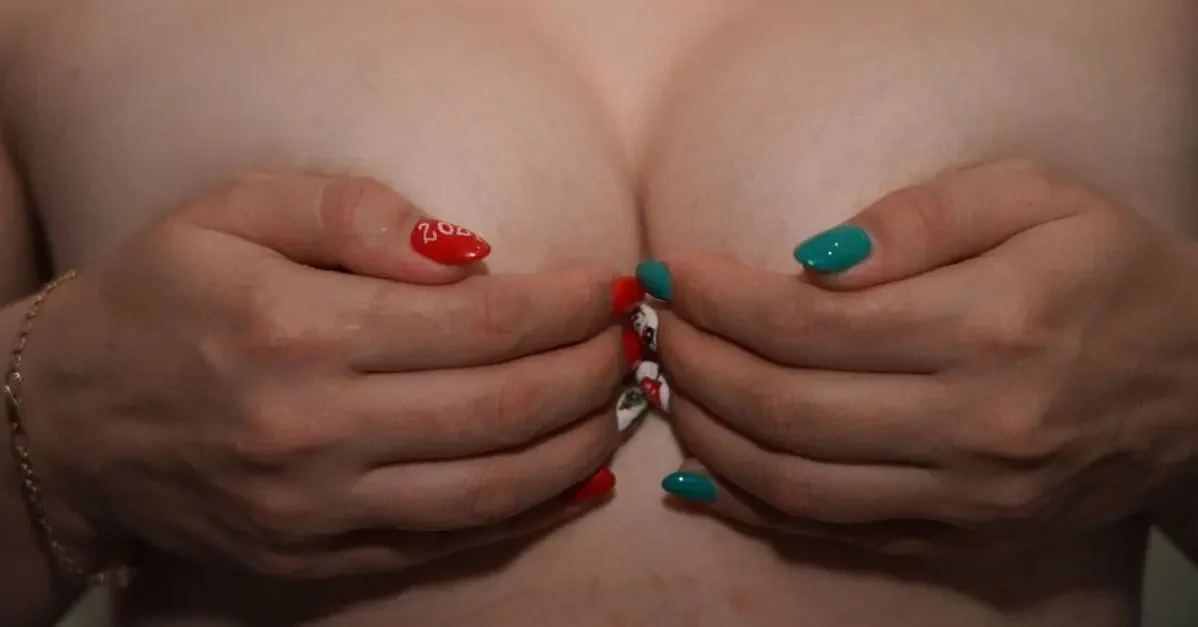
Breast Cancer causes
Knowing what caused your Breast Cancer is important because if you can identify the cause you can do something about it in some cases. For example, grief following the death of a loved one up to a few years prior to a diagnosis may be the cause. Talking to a counsellor may help you come to terms with your loss and thereby contribute to healing and recovery.
For some people the cancer may be caused by a parasite picked up years ago in a foreign country. Taking a good parasite cleanse may be a first step to healing.
Of course, the cause of your cancer may be beyond your control – your age, for example.
Whatever the cause, there are steps you can take to increase your odds of a full recovery including a healthy diet, daily exercise, and more.
Breast cancer risk factors
- Being female.
- Being age 55 or older.
- Breast density. Women with dense breasts have a higher risk.
- A personal history of breast conditions. If you’ve had a breast biopsy that found lobular carcinoma in situ (LCIS) or atypical hyperplasia of the breast, you have an increased risk of breast cancer.
- A personal history of breast cancer. If you’ve had breast cancer in one breast, you have an increased risk of developing cancer in the other breast.
- A family history of breast cancer. If your mother, sister or daughter was diagnosed with breast cancer, particularly at a young age, your risk of breast cancer is increased.
- Inherited genes that increase cancer risk. Certain gene mutations that increase the risk of breast cancer can be passed from parents to children. The most well-known gene mutations are referred to as BRCA1 and BRCA2. These genes can greatly increase your risk of breast cancer and other cancers, but they don’t make cancer inevitable.
- Radiation exposure. If you received radiation treatments to your chest as a child or young adult, your risk of breast cancer is increased.
- Obesity.
- Beginning your period at a younger age.
- Beginning menopause at an older age.
- Oral birth control pills
- Having your first child at an older age. Women who give birth to their first child after age 30 may have an increased risk of breast cancer.
- Having never been pregnant.
- Postmenopausal hormone therapy. Women who take hormone therapy medications that combine estrogen and progesterone to treat the signs and symptoms of menopause have an increased risk of breast cancer.
- Drinking alcohol.
- Smoking: Tobacco use has been linked to many different types of cancer, including breast cancer.
- Lack of Physical Activity: A sedentary lifestyle with little physical activity can increase your risk for breast cancer. Moving your body or exercising for even 20 minutes a day can help lower this risk factor.
- Poor Diet: A diet high in saturated fat and lacking fruits and vegetables can increase your risk for breast cancer. Eating 3.5 to 5 cups of fruits and vegetables a day can help lower this risk factor.
There are a number of other possible causes that will keep fuelling your cancer unless you identify and eliminate them. You can find them at Identify and Remove whatever is fuelling your cancer
References
Mayo Clinic
Memorial Sloan Kettering Cancer Center
National Breast Cancer Foundation
See Cancer Survival Tips
See Cancer Prevention
Updated 2024
